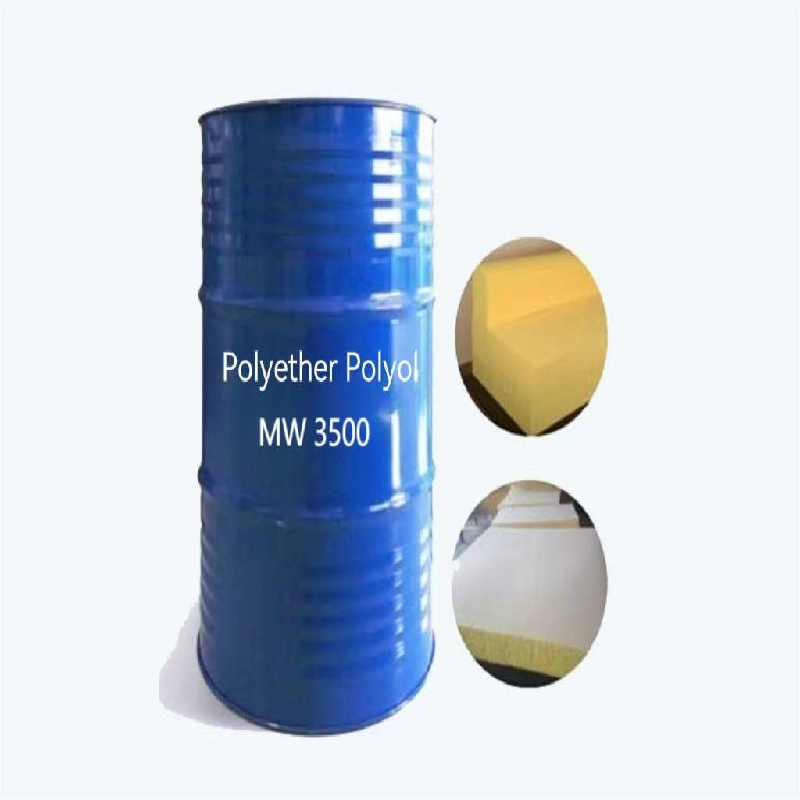-
Categories
-
Pharmaceutical Intermediates
-
Active Pharmaceutical Ingredients
-
Food Additives
- Industrial Coatings
- Agrochemicals
- Dyes and Pigments
- Surfactant
- Flavors and Fragrances
- Chemical Reagents
- Catalyst and Auxiliary
- Natural Products
- Inorganic Chemistry
-
Organic Chemistry
-
Biochemical Engineering
- Analytical Chemistry
- Cosmetic Ingredient
-
Pharmaceutical Intermediates
Promotion
ECHEMI Mall
Wholesale
Weekly Price
Exhibition
News
-
Trade Service
Tianjin University recently revealed that Li Yongdan, a professor at the School of Chemical Engineering of the university, led a team to design a process that completely converts alkali lignin into high value-added organic small molecule compounds, which can turn lignin that is "difficult to use and discarded pollution" into a treasure
.
China's pulp and paper industry separates about 30 million tons of cellulose from plants every year, and obtains about 10 million tons of lignin by-products
.
However, more than 95% of lignin is directly discharged into rivers in the form of "black liquor" or concentrated and burned: discharged into rivers to pollute water and soil, concentrated with low combustion calorific value, and produces sulfur oxides to pollute the air
.
Today, Li Yongdan's team has developed a process to turn lignin into waste - "one-step efficient catalytic conversion process", and the relevant results have been published in "German Applied Chemistry", and 1 international invention patent and 4 domestic patents have
been applied for at the same time.
Li Yongdan's team used the "one-step efficient catalytic conversion process" to turn waste into treasure, "breaking" the long chain of lignin stability and decomposing it into high value-added organic small molecule compounds
.
And for the first time in the world, nanostructured α molybdenum carbide-based catalyst
was adopted.
The catalyst is cheap, but in the process of depolymerizing lignin, in addition to the production of aromatic hydrocarbons, it also produces long-chain alcohols, lipids, which are difficult to prepare and expensive small molecule compounds, which can be described as "killing multiple birds with one stone"
.
Li sees lignin as the key
to future "biorefineries" that use renewable biomass instead of petroleum as a feedstock to produce fuels or chemicals while reducing environmental impact.
Creating value from lignin reduces pressure on
non-renewable energy sources and the environment.
(New)






